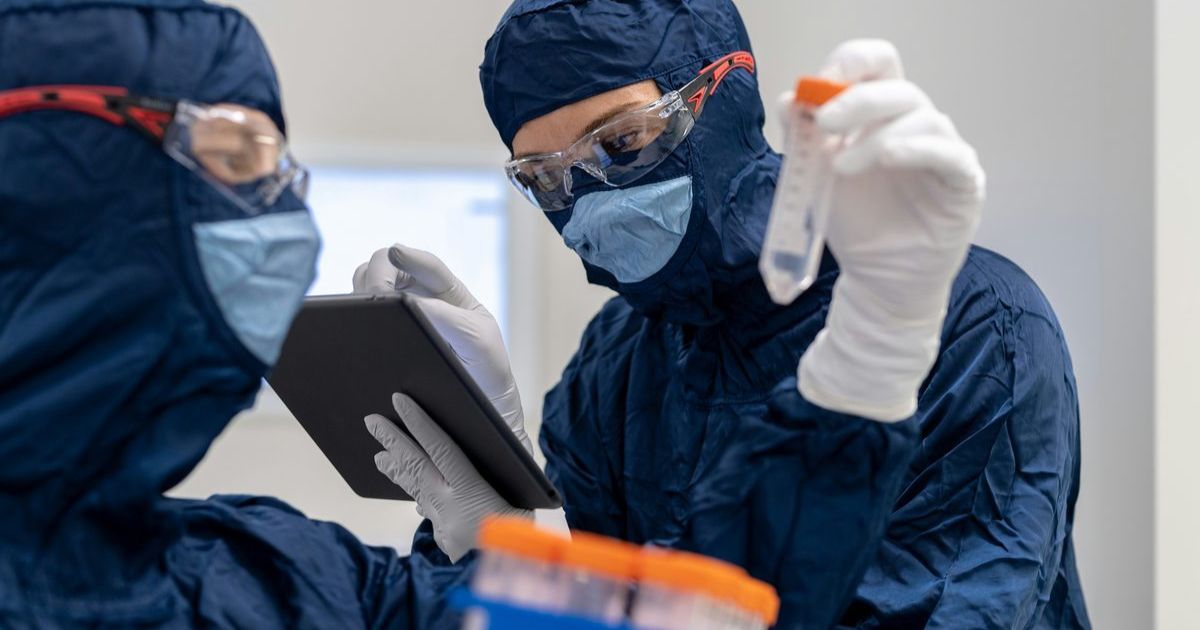Mile-high microbes: plane toilets may help detect spread of superbugs

Aircraft wastewater could be used to track the global spread of antimicrobial resistant superbugs. Photo: TOON LAMBRECHTS
AEROPLANE wastewater could be used as an early-warning system to track the global spread of antimicrobial resistant superbugs, according to new research led by Australia’s national science agency CSIRO.
The study analysed wastewater from 44 international flights arriving in Australia from nine countries and detected nine high-priority pathogens and resistance genes, including some found in hospitals and resistant to multiple drugs.
Five of the superbugs were found on all flights, while a gene conferring resistance to last-resort antibiotics was identified on 17 flights.
Researchers noted this gene was absent in Australia’s urban wastewater at the time, pointing to its likely arrival through international travel.
The findings, published in Microbiology Spectrum, confirmed aircraft wastewater is a reliable tool for antimicrobial resistance surveillance, CSIRO principal research scientist Dr Warish Ahmed said.
“Aircraft wastewater captures microbial signatures from passengers across different continents, offering a non-invasive, cost-effective way to monitor threats like AMR,” Ahmed said.
Co-author and University of South Australia microbiologist Professor Nicholas Ashbolt said flights from Asia, particularly India, showed higher levels of resistance genes than those from Europe and the UK.
Lead author Dr Yawen Liu, a visiting scientist at CSIRO from Xiamen University, said the differences likely reflect antibiotic use, sanitation, population density and public health policies in each region.
“International travel is one of the major drivers of AMR spread,” Liu said.
“By monitoring aircraft wastewater, we can potentially detect and track antibiotic resistance genes before they become established in local environments.”
With antimicrobial resistance projected to cause more than 39 million deaths globally by 2050, Ashbolt said innovative surveillance systems were urgently needed.


















